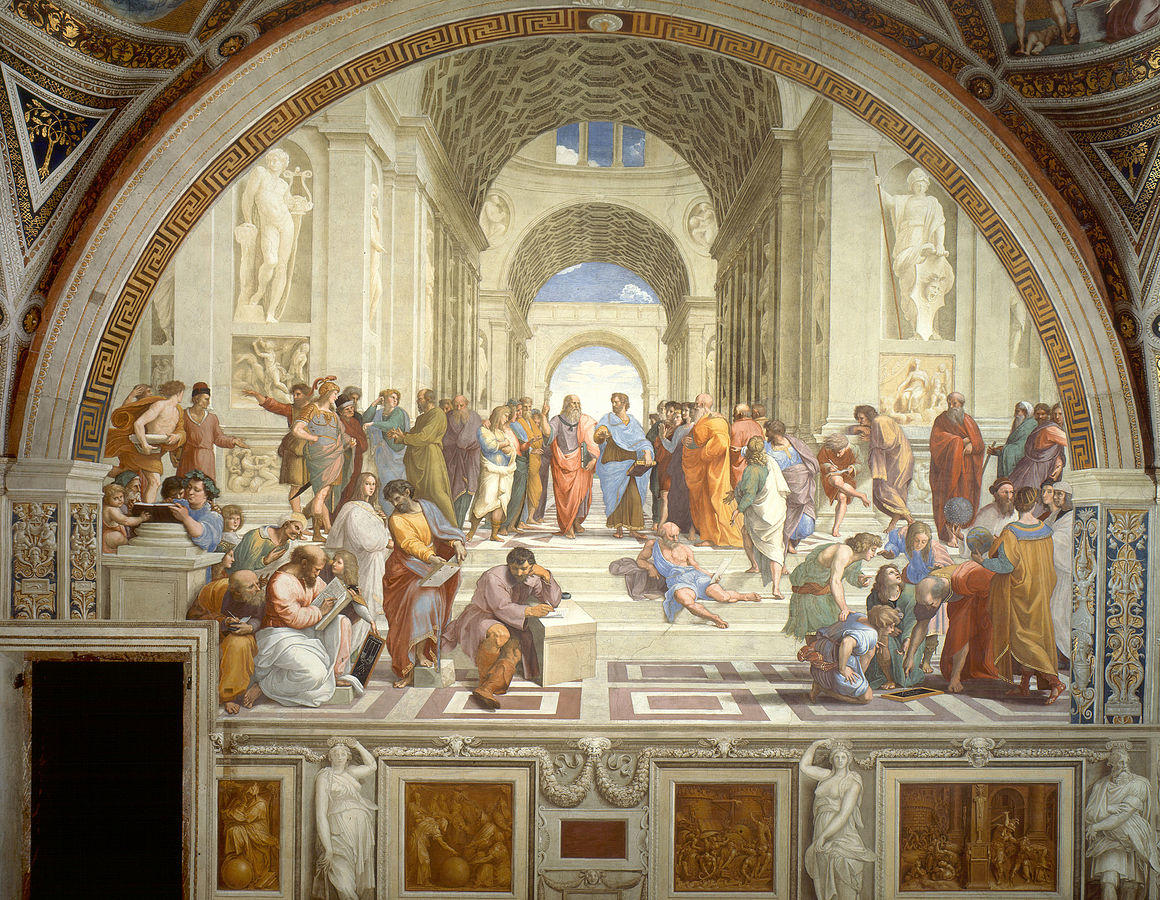Mathematics is the science of description, demonstration and calculation, according to mathematician Ronald Brown.
Its many branches include disciplines like geometry, which describes lengths, areas and angles; arithmetic, or number theory; mechanics, describing the motion of bodies under the influence of a system of forces and stochasticity, describing random phenomena.
Here, we're going to look at an overview of the major advances in maths over time.
Math is an intriguing subject for some but a nightmare for others. For subjects like mathematics, the beginning matters a lot. If you have a bumpy start in math studies, there’s a big chance the rest of the journey will be rocky. So, if you need to ensure your foundation is as solid as a rock.
Many students have to deal with mathematics at different levels daily. Therefore, the complexity differs; for grade 5, it will not be as complex as in grade 9.
In most scenarios, learning math can be a traumatic ordeal for students to survive rather than enjoy – or, at least, understand. Many Canadian professionals and others worldwide have a painful history with math drills, but that doesn’t reduce its usefulness.
Learning math doesn’t have to be hell, especially when you have the best math teachers.
Do you know where and when mathematics originated? Read on as we find out.

The Birth of Math in Antiquity
The ancient Egyptians were among the first to use mathematics (so yes, the first maths tutors were Egyptian, too). Excavations in Mesopotamia in the 19th Century unearthed Sumerian clay tablets written in cuneiform, dating either from the Babylonian dynasty (1800-1500 BC) or the ancient Greek period (600-300 BC).
Discover good math class in markham here.
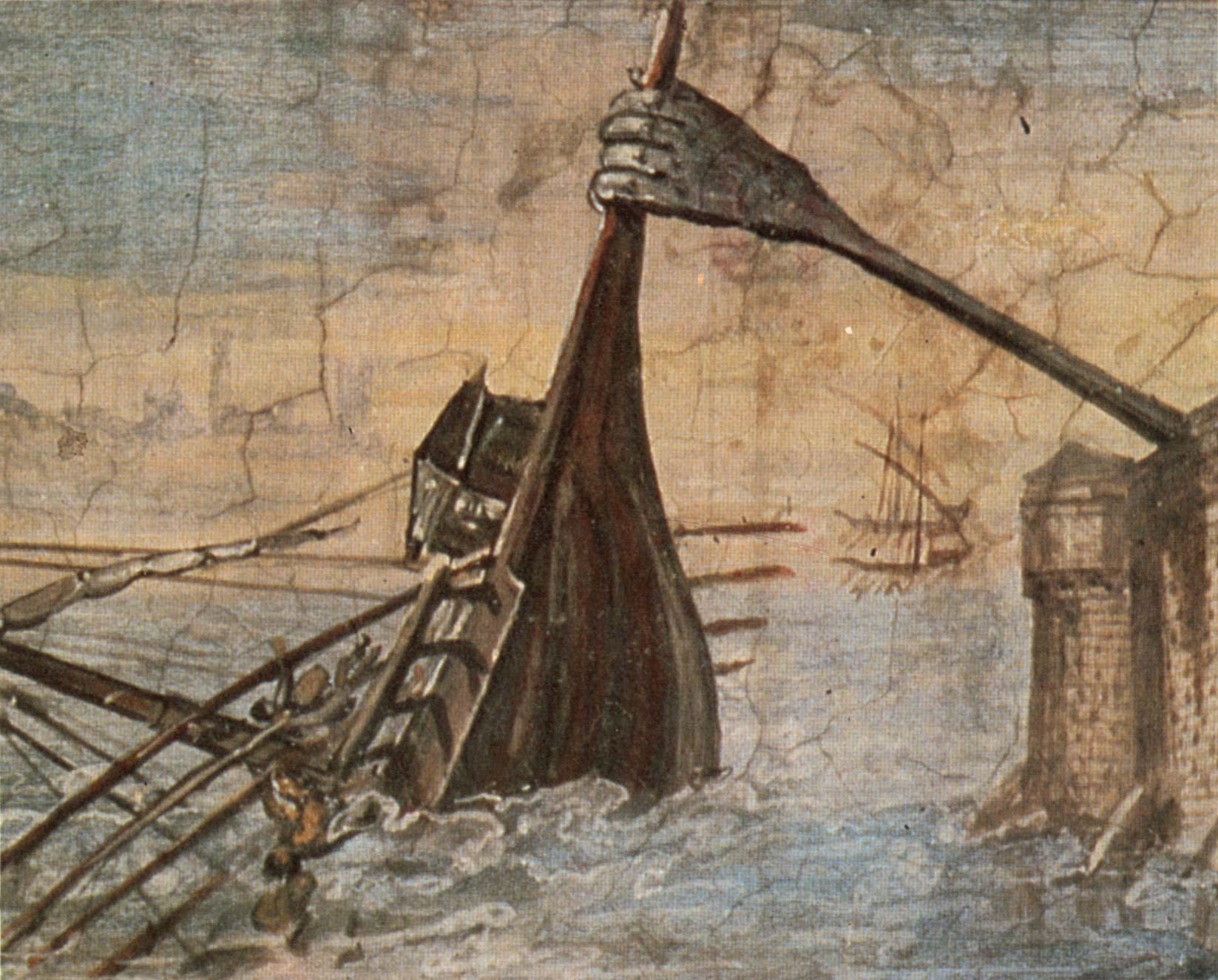
These unique objects attest to the writers' ability to solve quadratic equations. Their contents deal with commerce, specifically the buying and selling of bags of grain and slaves.
Well-known Greek philosophers, among whom Pythagoras, Thales and Plato, first developed and applied arithmetic, now also called number theory.
At that time, mathematics would travel from all over the empire in order to reach Alexandria and its famous school.
In the 4th century BC, Diophantus of Alexandria pioneered the discipline of algebra.
Later, elementary mathematics was thus born with Euclid, Archimedes of Syracuse and Apollonius of Perge. Euclid is the author of the Elements, the second best-selling book worldwide, after the bible, as well as volumes devoted to Euclidian geometry, with its five postulates, including the famous "any straight line segment can be extended indefinitely in a straight line", which was later to serve as a reference point in geometry when that discipline appeared centuries later.
Archimedes, a great scientist from Sicily, also greatly contributed to geometry, including the approximation of pi, the Quadrature of the Parabola and the Archimedean spiral. In terms of statics, he was most interested in the principle of lift, in the form of pulleys, and in the creation of war machines, like the catapult, in order to study the action of forces.
He is mainly known for his work on buoyancy.
Search for an online math tutor.
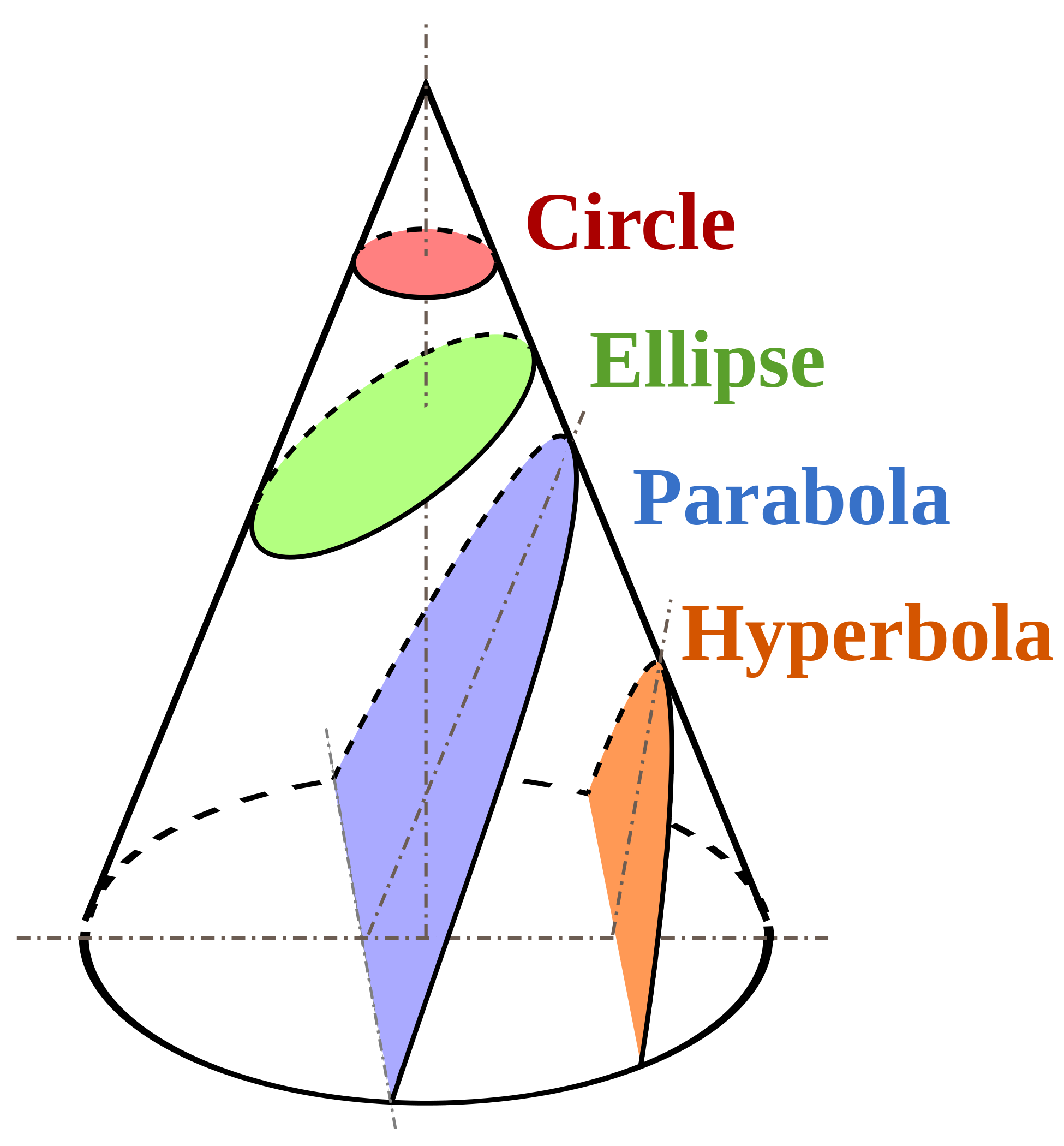
Did you know that he also designed the biggest ship of the age, the Syracusia, and that it is to him that we owe the expression "Eureka", which means "I've fount it!"?
Apollonius of Perga, on the other hand, is known for his work that led to our understanding of conic sections. It to him that we owe the terms ellipse, parabola and hyperbola. His work became important for astronomy, in the calculation of eccentric orbits and in understanding the motion of the planets.
Later, Ptolemy, Pappus and Hipparchus laid down the foundations of what was to become trigonometry: the branch of maths dealing with the relationships between angles and distances in triangles.
The concept of zero was independently invented by a number of civilisations, including India, from where it made its way into Western and Arabic mathematics.
Discover seven surprising connections between art and maths!
Mathematics from the Middle Ages to 1900
In the 9th century, Arab mathematicians like Al Khwarizmi compiled Greek and Indian knowledge on mathematics. The introduction of Arab numerals in the 11th century marks the time at which mathematics began to emerge from obscurity, and the great thinkers began to become more recognised.
Find good algebra math tutor here on Superprof.
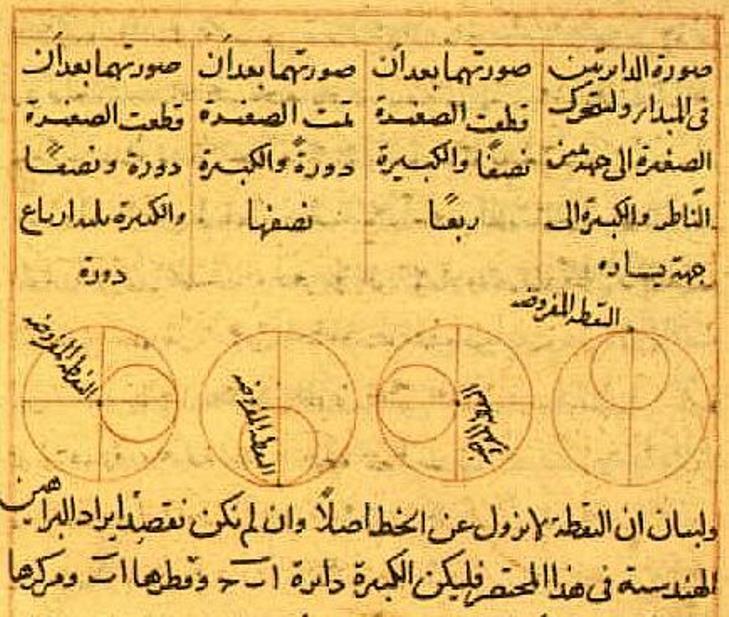
From the 12th century, the mathematical sciences rose to prominence, even in favour of rhetoric, grammar and logic. In Spain where Arabic sciences were taught, great scholars like Averroes and Avenzoar rose to fame.
In the fifteenth century, the system of addition and subtraction, and the symbols + and -, were first proposed by Johannes Widmann, born in Eger in what was then part of the Holy Roman Empire. The work of French mathematician François Viète made great strides in transforming algebra into its modern form, through the introduction of letters, to represent known or unknown quantities and to simplify equations.
In one colourful anecdote, Viète managed to break a 500 character cypher used by the Spanish, which led to the settlement of the French Wars of Religion - and the accusation by the Spanish crown of having used magical powers!
The 17th century is the golden age of mathematics. One of the most enduring tales of this period is that of Newton and the apple, which led to the theory of gravity. Here are some other important advances:
- Neper's logarithms (1614) are also known as hyperbolic logarithms because they represent the area of the hyperbola between two asymptotes (read more in our guide to the vocabulary of maths).
- René Descartes' Analytical geometry. In his work Geometry, Descartes proposes, as did Viète, the unity of algebra and geometry, thus translating the question of geometry into algebraic equations. One of the guiding forces in Descartes' thought was the need to get clear ideas on a subject.
- The calculation of probabilities by Blaise Pascal. It's interesting to note that gambling was the starting point for this work!
Euler, who was dedicated to the study of functions and calculus, was a key figure in 18th-century math. He developed a classification of functions and proved Fermat's little theorem ("if p is a prime number and if a is an integer not divisible by p, then a p -1 - 1 is a multiple of p").
Joseph-Louis Lagrange is another notable figure in the history of maths. He made significant contributions to the fields of analysis, number theory, and both classical and celestial mechanics.
Find some mental math class here on Superprof.
Advances in Maths over the Last Two Centuries
This century has been marked by the completion of research begun in the 18th Century, challenges to assumptions made in antiquity, many new discoveries, and the development of maths teaching.
Get to know how to find the best math tutoring near you
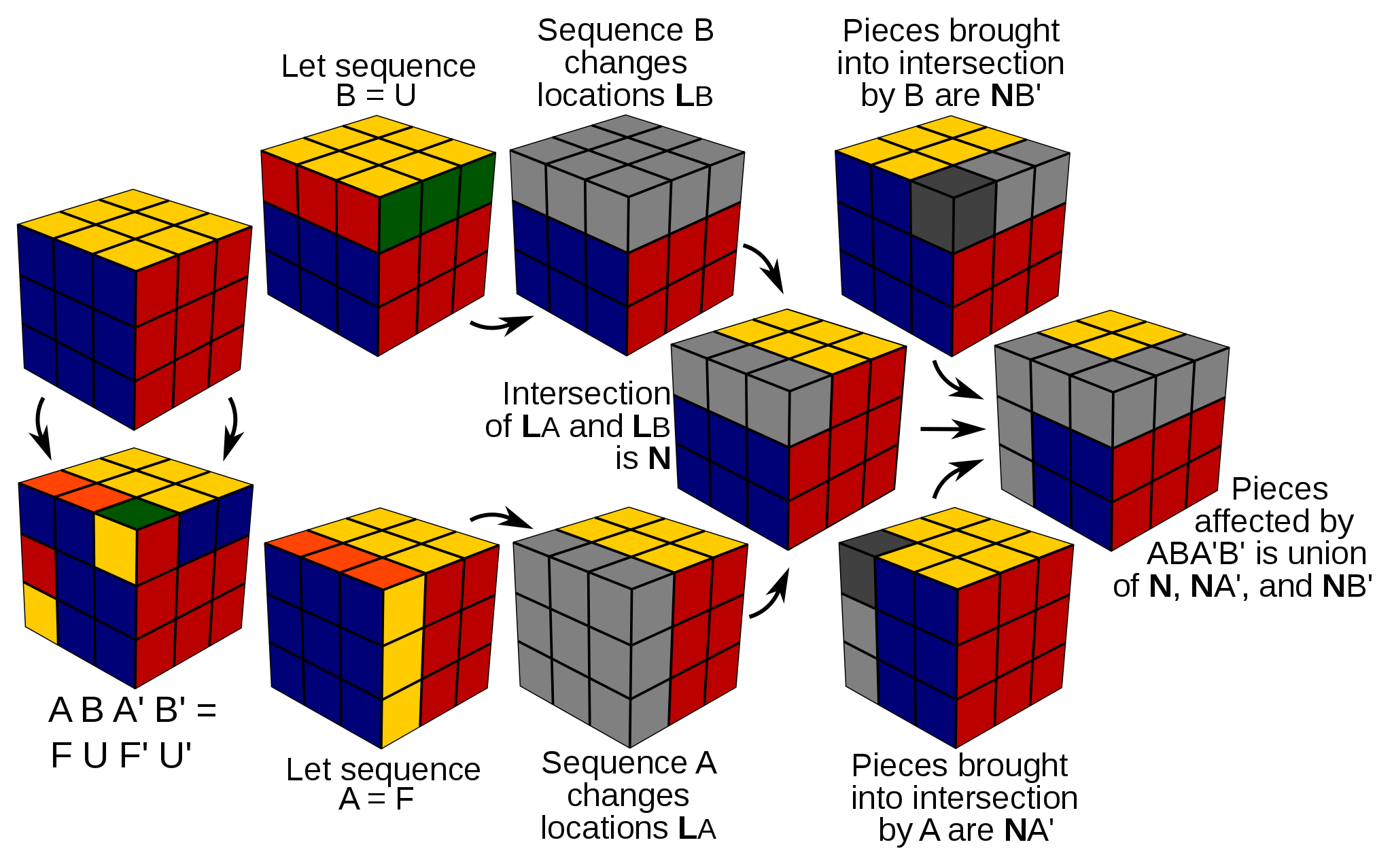
In the 19th Century, mathematicians were highly prolific, and many advances were made in terms of number theory:
- The law of quadratic reciprocity, which establishes links between the prime numbers (theorised by Euler and demonstrated by Gauss)
- Prime number theorem
- Proof of Fermat's Last Theorem, notably by Ernst Kummer, demonstrates this for any exponent of less than 100.
Gauss and Legendre found the method of least squares, a major advance in statistics, a branch of probabilities. Hermann Grassmann is the originator of what is now called linear algebra and the notion of a vector space.
Another mathematician, Urbain Le Verrier, discovered the presence of Neptune in our solar system and calculated its weight. His calculations allowed the discovery of previously unseen planets.
That century also marks the beginnings of electricity and electromagnetic theory with the discoveries of Gauss, Ampère and Maxwell.
During the same period, Albert Einstein demonstrated the law of cubic reciprocity, known as the Einstein Integer. One of the most enduring texts of the time remains Riemann's 1859 Manuscript, in which the German mathematician explored what later became known as the Riemann Zeta Function, with a hypothesis that is still highly relevant today to areas like quantum mechanics and number theory.
The 20th century began with a list of 23 unsolved problems that were to occupy the minds of many a scientist and mathematicians. This century is dominated by three mathematical theorems:
- Gödel's incompleteness theorems, which address the question of coherence in mathematics (read more about undecidable statements)
- The Taniyama-Shimura Conjecture, also known as modality theorem, thanks to which Fermat's last theorem is at last solved!
- The Weil conjectures on generating functions: Series whose coefficients encode sequences of numbers.
During the 20th century, the continuous evolution of math and science gave rise to new fields, like topology, differential geometry and algebra.
Mechanics have been the subject of extensive study, famously by Einstein and Pointcarré, with the theory of general relativity.
Group Theory occupied many of the best minds in math for several decades, culminating in a complete classification of finite simple groups, in 1980. Thanks to the automated calculations possible with computers, the Four colour theorem was also solved.
The 21st century has begun with advances such as great advances by maths prodigy Terence Tao on prime numbers and other areas.
Discover various online Math tutor on Superprof.

On October 8, 2013, the Nobel Prize for Physics was jointly awarded to François Englert and Peter Higgs "for the theoretical discovery of a mechanism that contributes to our understanding of the origin of mass of subatomic particles."
In this case, fiction accurately predicted real-life: Dr Simon Singh, the British popular science author, in the 2013 book titled “The Simpsons And Their Mathematical Secrets” commenting on a scene in the famous cartoon in which Homer is working on a mathematical equation wrote:
“If you work it out, you get the mass of the Higgs Boson that’s only a bit larger than the nano-mass of a Higgs Boson actually is. It is kind of amazing as Homer makes the prediction 14 years before it was discovered.”

What Does Learning Math for a Beginner in Canada Entail?
Beginner mathematics is the simplest form of math because it only deals with earning the basic concepts related to math. Beginner math is also called basic math, and it generally entails counting, division, multiplication, subtraction, and addition.
These are called the basic math operations, and all other mathematical concepts are built on them. These, combined with different factors, LCM, GCF, and numbers, make students ready for learning fractions and solving slightly-more complex math questions. In beginner math classes, you will also learn and understand the different properties of these math operations and their relation.
Meanwhile, the first math skill students learn is basic number sense, the order and value of numbers. With these skills, students can recall that five is more than two, and positive numbers are more significant in value than negative numbers.
Check out vancouver math tutor here.

Students begin acquiring basics from pre-school and advance to complex math forms through elementary and high school. Their math teachers introduce students to basic sensory skills and give them drills involving ordering digits and basic counting activities.
Teachers introduce their students to the concept of less than and greater than symbols in grade 3 math worksheets and what they indicate. The addition is the first mathematical operation students learn in beginner mathematics, with subtraction following closely.
Students use these skills to perform rudimentary calculations with single digits at the primary level. Later on, they apply these skills through more challenging math problems and the completion of story problems.
What Role Do Math Games Play in Better Comprehension?
Many children and adults love to play games, mainly because they are a great way to stay away, have fun, and remain motivated. Math games for kids play an important role in comprehension; it helps students explore mathematical numbers like the counting sequence. Moreover, math games can encourage students to explore place value, patterns, number combinations, and number combinations.
Finally, math games allow students to deepen their arithmetical reasoning and understanding.
Math teachers should create recurring opportunities for students to play calculation games and develop arithmetic ideas independently. Math games play an essential role in students’ assimilation; they are an effective learning tool in elementary math classes. Below are some of the functions math games play in better assimilation of math problems:
- Math games encourage strategic mathematical thinking in students as they come up with different strategies for solving drills. In addition, they deepen students’ understanding of numbers and general math calculations.
- Repeated playing of math games aids the development of students’ computational fluency.
- Students relate better with games; math games present an opportunity for students to practice, sometimes without their teachers’ input. Teachers can stand by and observe their students, working with individuals or groups of students at a time.
- Students develop better familiarity with benchmark numbers like 10s, 100s, and 1000s and the general number system through games. In addition, they engage in computation practices and develop a deeper understanding of operations.
- Games help students, particularly kids, create an impressive school-to-home interaction where parents can understand their children’s math thinking by playing those games with them at home.
When Do You Need Math Help Services?
No matter how good you get at math, getting extra help is always a good idea for better comprehension. You need math help services if you have any of the following:
- You are always saying negative things about math – this is one of the most visible signs that a child is struggling with math. For example, when you find yourself saying, “I hate math class” or “I’m bad at math,” it is an indication that you need help.
- You get anxious at the thought of learning math – if you get tense or nervous when it is time to solve math, you should get math help. Anxiety towards math makes you forget what you have learned or how to apply it when it is time.
- Your math grades are lower than others in other subjects – if you find that you perform well in every subject but math, it may be time to get help. Low math grades may cause you to focus too much on grades you already excel in. Thus, you spend less and less time practicing or studying mathematics, and you get even worse.
- You can’t see the relationship between math families, specifically numbers and equations. For example, if you can’t connect 3 + 5 = 8 and 8 – 5 = 3, it is a sign you are struggling with math and need help.
- You need math help services if you cannot solve math problems without counting your fingers. For example, you will encounter more significant numbers and advanced equations that require calculation with your mind; counting fingers can discourage that.
What Are the Top Math Games for Kids?
There are many math games teachers can use to teach math for grade 5 and other grades to aid learning. These games are simple, unique, addictive, and come with multiple variations so that kids can play them repeatedly. Some of the top math games for kids you can use to teach in Canada include:
-
Rummikub
Rummikub is a math board game and one of the most played worldwide. It engages players at different age groups and varying skill levels to have fun playing together. Rummikub is a fast-paced game but can be adapted to accommodate kids and novices without tampering with the fun.
-
7 ATE 9 – Fast and Fun Number Crunch’n
This is a card game that is fast-paced, addictive, exciting, and effective in helping kids understand math. This game uses cards to teach subtraction and addition; learning to play is easy and simple. The objective of the 7 ATE 9 game is to be the first player out of cards. It is an interactive game to help kids practice and polish simple math skills.
-
Prime Climb
This colorful board game teaches addition, subtraction, division, and multiplication. The numbers on the board are cleverly colored to show their inner secrets that kids will be aware of as they play. This game helps teachers teach math effectively, and students learn it easily while having fun.
-
Pressman Make 7
This is reminiscent of Connect Four, a popular classic game with a math twist. It is one of the best math board games, easy to learn, fun to play – and a great way to help kids assimilate math.
-
Prodigy
This is a video game where kids answer math questions to complete quests and earn rewards. The quests in this game involve rescuing pets and battling enemies, which make math learning fun. Some of the math concepts in the game include division, subtraction, addition, fractions, and multiplication.

How Can a Private Tutor Help with Math Problems?
A private tutor can assist you with math drills and problems at any level, no matter how complex. You can get one on Superprof, a worldwide learning platform with thousands of experienced, friendly, and brilliant tutors. A Superprof math tutor can help you in the following ways:
- Ensuring you get the individual attention you wouldn’t get in class is essential to your assimilation of mathematics.
- Helping you improve math performance by ensuring you understand the curriculum will result in higher grades and scores on grade 3 math worksheets.
- Your tutor helps you get good grades in math, which in turn boosts your confidence, letting you enjoy math classes.
- Asides from the formulas and concepts, a tutor inculcates study habits in you, which you will find useful as you advance.
- A private tutor helps prepare you for college and future classes by introducing more difficult curricula and formulas.
In conclusion, most students in Canada wouldn’t mention math as their best subject if you ask them. There’s a good chance that’s because of the many equations, formulas, and concepts they have to memorize and understand. It could also be because math is one of the subjects students fail the most.
With a good math beginning and excellent tutoring, you can learn math skills to help you succeed throughout your entire school life. Superprof has thousands of brilliant math tutors that can improve your study habits and confidence while helping you get good grades.
Despite the great progress made over recent decades, rest assured that there are an infinite number of discoveries yet to be made! To learn more, about what we do know, read our blogs about:

